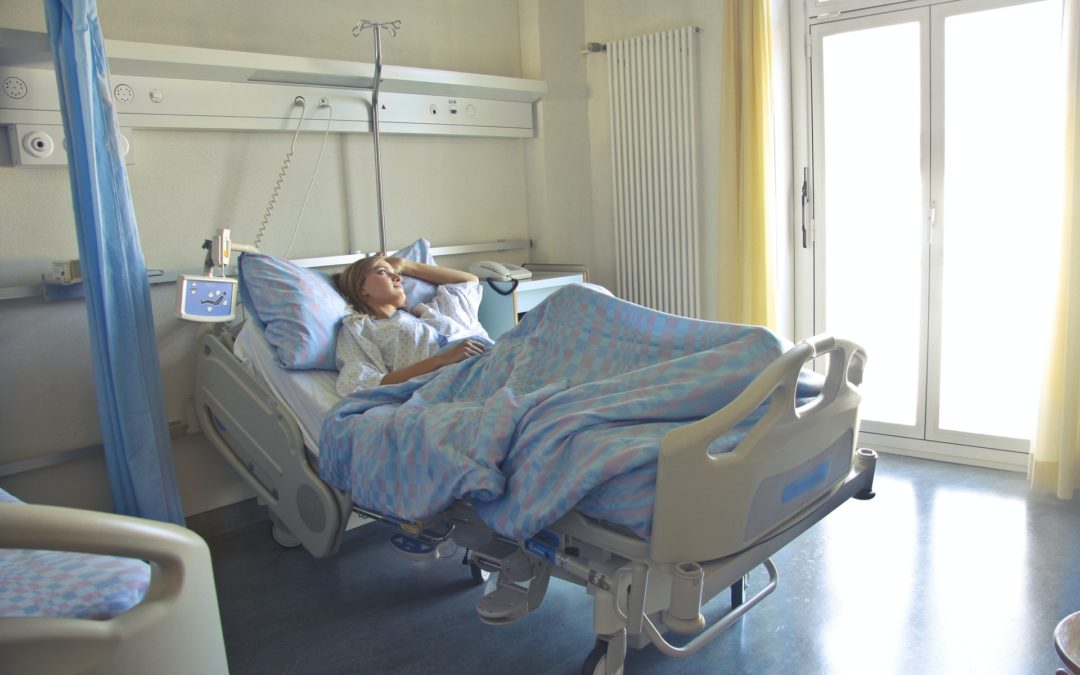Much of the research—so far—about the impact of the Covid-19 pandemic on mental health has been focused on healthcare workers and the general public. However, new studies are taking a deeper look at the mental health impact on individuals with COVID-19. Early findings are suggesting that people who were sick with COVID-19 have a significant chance of developing a mental health issue, such as depression or anxiety.
A study out of the University of Oxford analyzed the electronic health records of 69.8 million patients in the US to include over 62,000 who had been diagnosed with COVID-19. Their research indicated that people recovering from COVID-19 were twice as likely to be diagnosed with a mental health disorder compared to someone who had the flu or another ailment. When looking at just the population diagnosed with COVID-19, 1 in 5 were found to have developed a psychiatric disorder within three months of the diagnosis.
While scientists now have research backing their hypotheses that mental health issues would be a challenge for COVID-19 survivors, there is a narrower focus on quantifying the association between COVID-19 and mental health. From this there are two schools of thought, mental health issues deriving from effects of COVID-19 on the mind and affects on the brain.
Effects on the Mind
Due to the novelty of the virus, simply being diagnosed with it is enough to trigger stress and anxiety. There has been nothing in our lives to help us manage this threat and the sheer uncertainty regarding the course of the illness can be very traumatic. From the isolation to the varying degrees of hospital care needed and the long-lasting symptoms that can interfere with COVID-19 patients’ daily lives, everything about battling it is psychologically taxing.
Effects on the Brain
A study published in The Laryngoscope examined the correlation between COVID-19 patients who experienced olfactory disturbances with the development of depression and anxiety. What they found was a positive association between individuals who lost their sense of smell and taste and depression. This led the researchers to believe that COVID-19 affects the mood by impacting the central nervous system. Brittany LeMonda, PhD, a senior neuropsychologist at Lenox Hill Hospital in New York City is quoted as saying : “if the virus directly impacts the central nervous system, this can result in significant neurological and psychiatric illness.”
Like most things with COVID-19, the mental health impacts on patients diagnosed will be a wait and see event. Currently, not enough time has elapsed for researchers to have a good grasp on what the future will look like. These studies demonstrate the complexity of COVID-19 and how much there is still to learn.

Contact Ketamine Greater Boston
Ketamine Greater Boston offers Spravato™ nasal spray and ketamine infusions for the treatment of depression, anxiety, PTSD, and other psychiatric conditions. If you are suffering from treatment-resistant depression and haven’t found a solution, ketamine could be what you’re looking for. Contact us for a free consultation today to learn more about ketamine infusions and find out if you’re a candidate.


Recent Comments